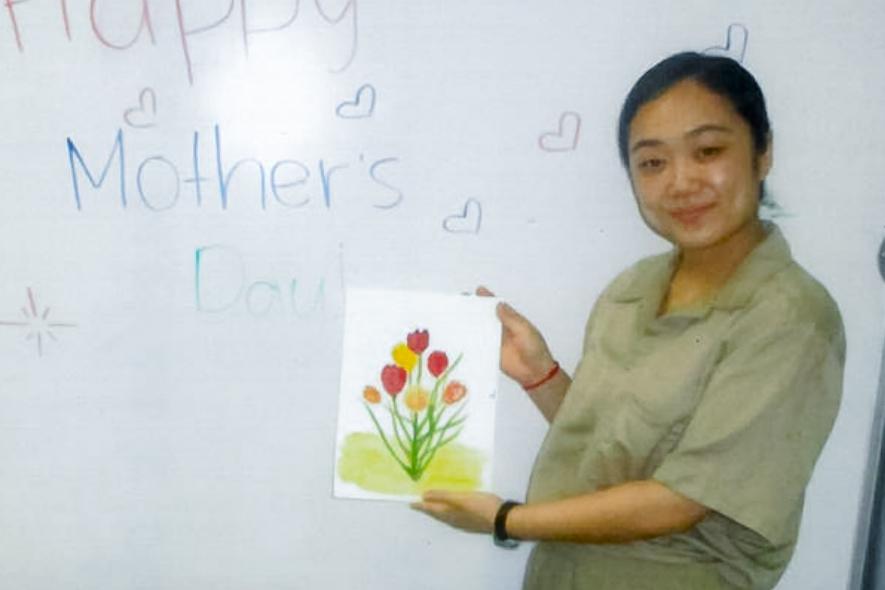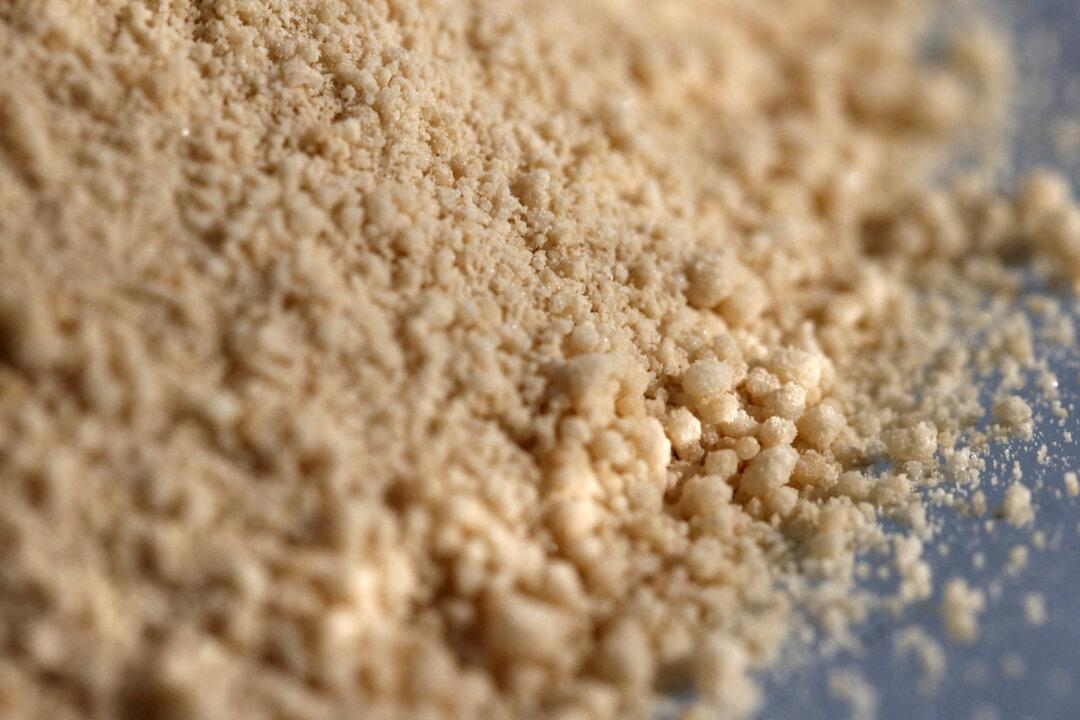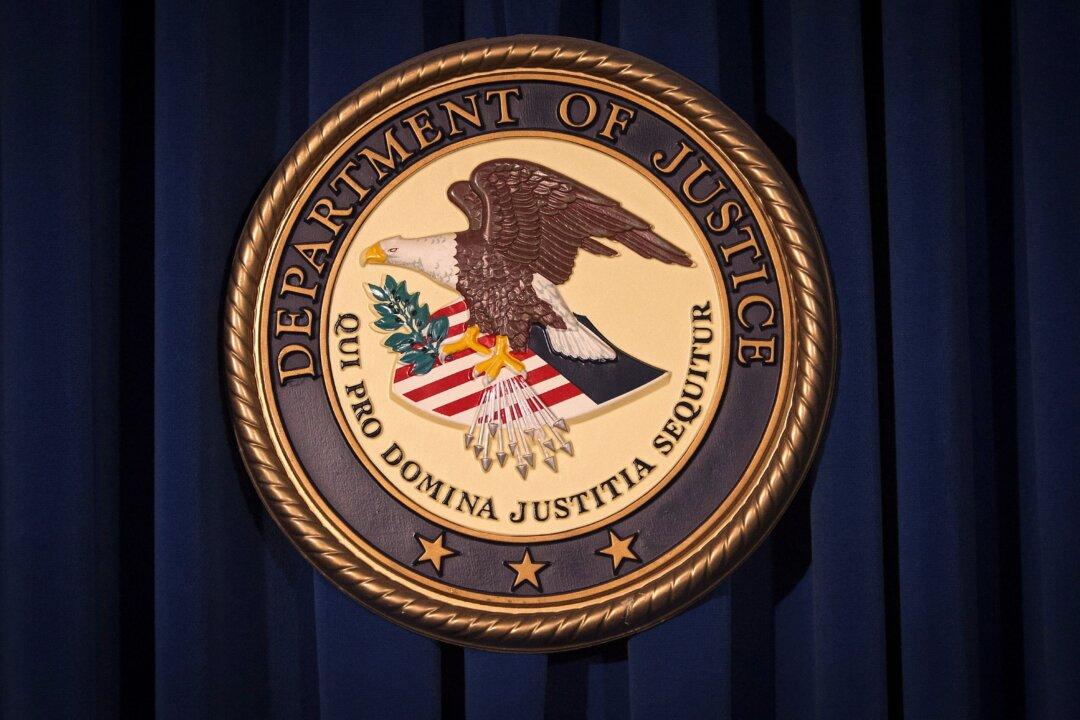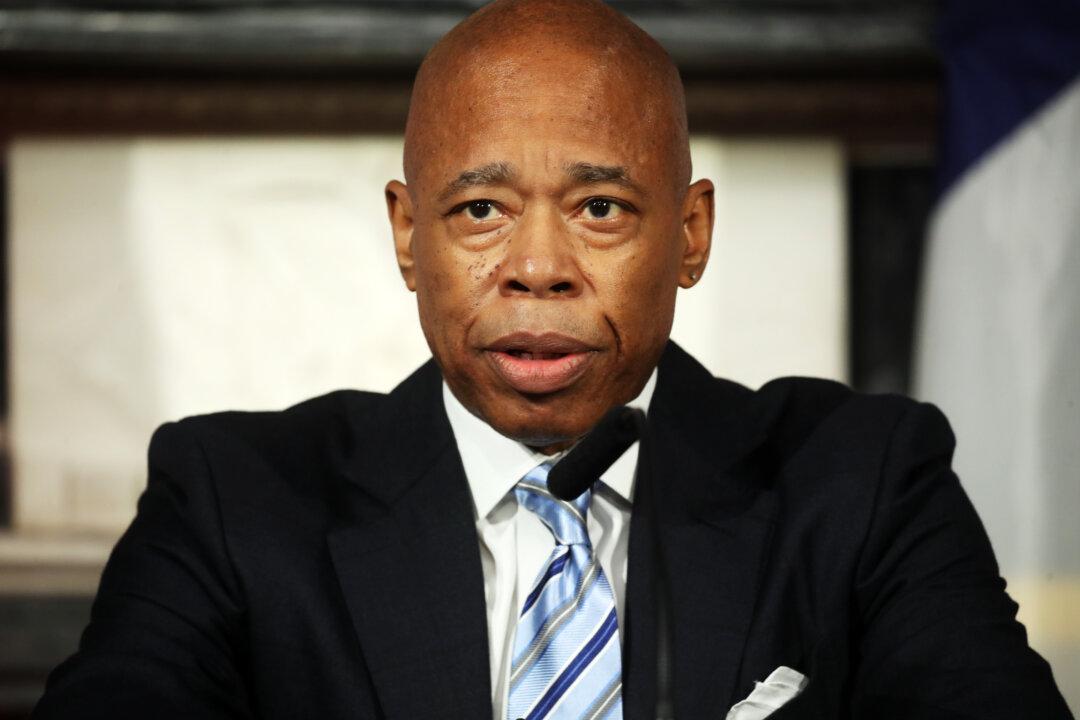The Chinese Qiao Bao newspaper has many news reports from Xinhua News Agency and China News Service, representing the official voice and viewpoint of the CCP. Besides reporting local news about Chinese community activities, most news pages are directly contracted and transmitted from mainland China.
The alignment of Qiao Bao with the CCP discourse can be seen in two aspects:
- Publishing similar articles simultaneously. Since Jiang Zemin ordered the crackdown on Falun Gong in 1999, Qiao Bao has been helping the CCP suppress Falun Gong abroad. According to statistics, from 1999 to May 2002, Qiao Bao published over 300 anti-Falun Gong articles, almost averaging one piece every three days, with viewpoints similar to those of the official Chinese media.
- Using the same language and wording. For example, during the Hong Kong anti-extradition bill protests, Qiao Bao referred to Hong Kong protesters as “rioters,” “illegal demonstrators,” “outsiders occupying Polytechnic University,” and “China summoned the U.S. ambassador to protest against Hong Kong bills.” Also, Qiao Bao repeated the Xinhua News Agency’s phrase of calling the Russia-Ukraine conflict the “Russia-Ukraine situation.”




